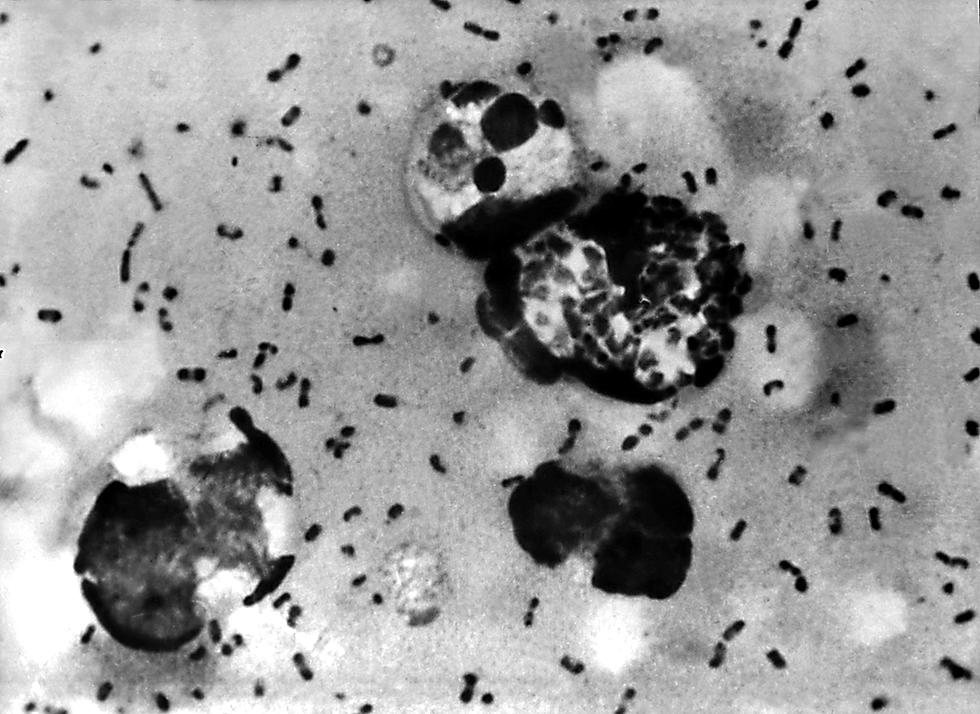
Riverton Man Wants Evidence Suppressed In Pot Search Warrant; Claims It Violated 4th Amendment
A Riverton man charged with growing hundreds of marijuana plants wants the federal court to suppress evidence he claims a law enforcement officer found by an illegal search, according to court documents filed last week.
The officer found the evidence in violation of the Fourth Amendment and a U.S. Supreme Court ruling, according to the motion filed by Luke Jackson Tilghman through his attorney H. Michael Bennett on May 23.
Tilghman was indicted on one count of possession with intent to distribute 100 or more plants in January, and he pleaded not guilty during his arraignment May 6.
Tilghman, who was 33 at the time of his arraignment, remains in custody. His trial has been set for July 11 in Casper. If convicted, federal sentencing guidelines state he would serve not less than five years and not more than 40 years imprisonment.
In December, his name surfaced during the investigation of a Casper resident, Neil Arcuri, who had a marijuana growing operation in Paradise Valley.
During that investigation, authorities learned of a growing operation in Fremont County. They forwarded that information to other authorities who executed search warrants at two places and seized approximately 640 high-grade marijuana plants, additional bulk marijuana, and an undetermined amount of cash.
But Tilghman claims the agent who obtained one of the search warrants did so without probable cause.
That agent, Brady Patrick, went to a shop building owned by Tilghman on Riverview Road and knocked on the door, according to Tilghman's motion.
"After receiving no answer, Special Agent Patrick proceeded to walk around the building, upon the curtilage of the property. It was at this time Special Agent Patrick detected what he believed to be the odor of raw marijuana emanating from an exhaust vent," according to the motion.
"Curtilage" is a legal term for the land and buildings immediately surrounding a home. The Fourth Amendment provides protection for a persons in their homes and in the curtilage. Courts have ruled that law enforcement officers generally do not have the right to enter the curtilage, just like they do not have the right to enter a house without a warrant.
Tilghman claims Patrick used the information he improperly found on the curtilage, plus electricity receipts and receipts from a hydroponic supply story to obtain a search warrant for the property and building.
"While this other information may be suspect, standing alone it does not rise to the standard of probable cause without the information gleaned by Special Agent Patrick's warrantless search of the property," according to the motion.
More From 104.7 KISS-FM









